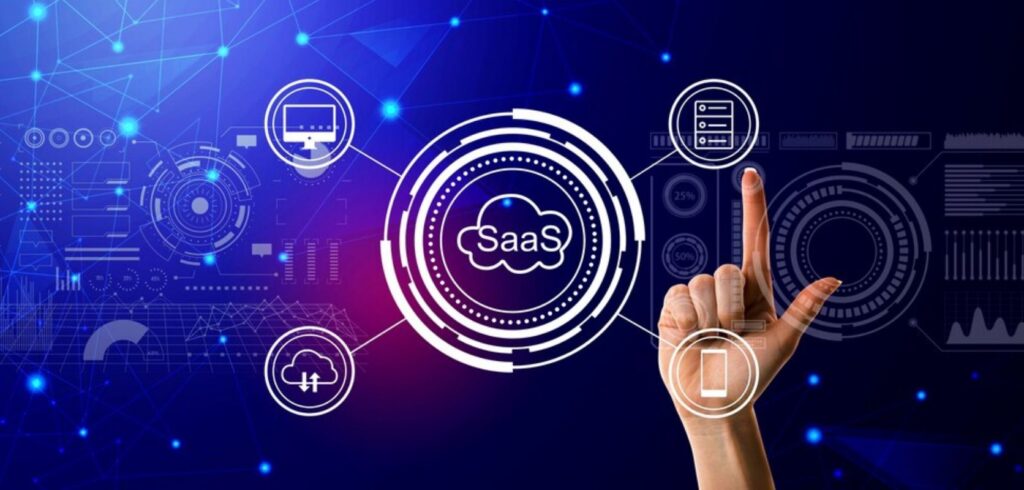Unpacking the Latest Business News Developments
The business landscape is ever-evolving, with rapid changes that affect markets, industries, and economies across the globe. Staying informed is crucial for businesses and stakeholders alike, especially when navigating the complexities that arise from recent shifts. In this article, we are unpacking the latest business news developments to provide clarity on how recent events have shaped industries and the potential implications moving forward.
In-Depth Analysis of Recent Events
A key part of understanding business developments is delving into the root causes of these shifts. In-depth analysis of recent events allows us to go beyond the headlines and into the broader narratives affecting industries worldwide. One significant development that has dominated headlines recently is the rise in global inflation, which continues to create ripple effects across both established and emerging markets.
The ongoing inflation surge has not only impacted pricing strategies but has also shifted consumer behavior. For instance, retail giants are reassessing their supply chains to mitigate rising costs, while tech companies are finding new ways to deliver value through cost-effective innovations. Meanwhile, industries like travel and hospitality are rebalancing their strategies as fuel prices continue to fluctuate, affecting the cost of doing business on a global scale.
Another significant event worth examining is the increased focus on sustainability within the corporate world. Businesses are moving towards eco-friendly practices as consumers demand more ethical choices. Major brands are investing in green technology, creating long-term strategies that reduce their carbon footprint. Companies that lead this shift stand to not only improve their environmental impact but also win over a growing demographic of socially-conscious consumers.
Exploring Causes and Effects
A crucial aspect of understanding any news development is exploring causes and effects. Whether it’s a market surge or a downturn, the reasons behind these changes often hold valuable insights for future decision-making.
For example, the tech industry’s ongoing push towards automation and artificial intelligence (AI) is transforming labor markets and reshaping entire sectors. Businesses are beginning to replace routine manual tasks with automated processes, increasing efficiency and reducing costs. However, this shift also poses a challenge: it’s triggering the need for workforce reskilling. Employees in affected industries must now adapt by learning new skills to stay relevant in the job market, a transition that not all sectors or regions are equally prepared for.
Similarly, the rise of e-commerce, accelerated by the pandemic, has had profound effects on traditional retail. Brick-and-mortar stores have been forced to rethink their strategies, investing heavily in digital channels to stay competitive. In contrast, businesses that were already e-commerce-focused have reaped significant rewards, but they must continue to innovate to maintain their competitive edge in this increasingly saturated space.
These developments highlight the complex relationship between innovation and the ripple effects it can have on industries and labor markets alike. Understanding these causes and effects is key for businesses as they strategize their next steps.
Understanding Implications for Stakeholders
Business developments are not just about figures and headlines—they have real-world implications for everyone involved. Understanding implications for stakeholders means recognizing how recent changes affect not just corporations but also investors, employees, and consumers.
For investors, the current wave of inflation and supply chain issues brings both opportunities and risks. On the one hand, sectors like technology and green energy are poised for significant growth as they innovate in response to global challenges. On the other hand, investors in traditional industries such as manufacturing may face short-term setbacks as companies grapple with increased production costs and logistical delays.
For employees, changes in business practices may result in significant transitions. In particular, the drive toward automation may lead to job displacement in some industries, while creating new opportunities in others. Companies that prioritize upskilling and employee development will not only retain talent but also foster innovation within their workforce, positioning themselves for long-term success.
From a consumer perspective, the push toward more sustainable practices is reshaping purchasing decisions. Consumers are increasingly looking to support businesses that prioritize ethical sourcing and environmental responsibility. This shift means companies must be transparent in their efforts to reduce environmental impact, creating an opportunity for those willing to lead the charge in corporate responsibility.
The Future of Business
As we continue unpacking the latest business news developments, it’s evident that these shifts will continue to shape the future of industries worldwide. Companies that remain adaptable, understand the underlying causes of change, and prioritize the well-being of their stakeholders will stand strong in the face of these ongoing transformations.
While the challenges are evident, so too are the opportunities for those who stay informed and take proactive steps toward growth. In-depth analysis of recent events helps uncover valuable insights, exploring causes and effects reveals the intricate dynamics driving these changes, and understanding implications for stakeholders ensures that businesses can navigate the evolving landscape while benefiting all parties involved.
In a world where disruption is constant, businesses must remain nimble and prepared for whatever comes next. By staying aware of the latest news developments and understanding their broader impacts, companies can better position themselves for success in a complex and ever-changing global market.

